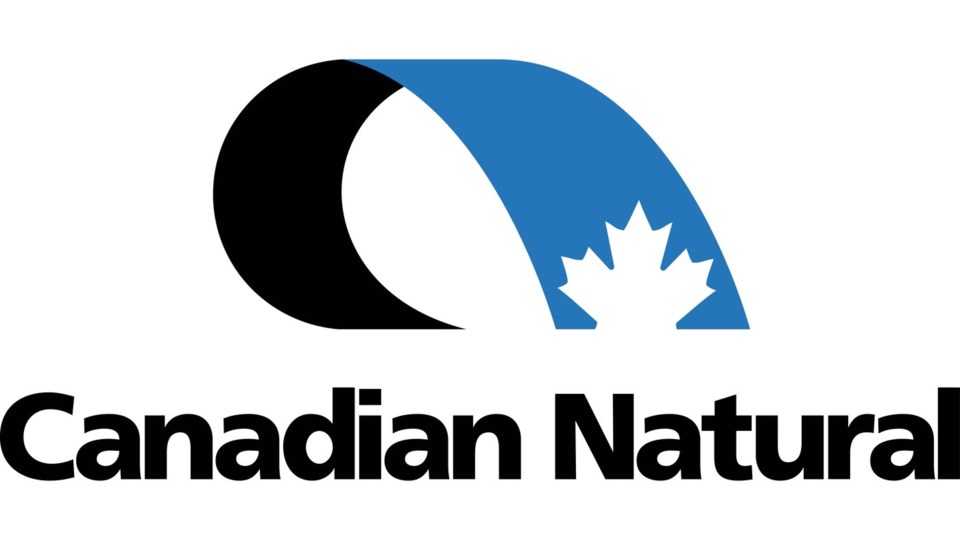CALGARY ÔÇö sa╣·╝╩┤½├¢'s largest oil and gas producer is postponing the start of production from some of its planned new natural gas wells due to persistent low prices.
Canadian Natural Resources Ltd. said Thursday about 20 of its remaining planned 2024 natural gas wells will be drilled this year, but the company will curtail production from them until prices improve.
ÔÇ£I canÔÇÖt give you an exact price, but it has to be better than what it is now," said CNRL president Scott Stauth on a conference call with analysts, adding he expects prices could rebound enough to bring the wells online by late 2024 or early 2025.
Low natural gas prices, the result of too much supply in the market, are hurting producers all over North America. Companies are shutting in production or delaying and cancelling projects.
This week, U.S. natural gas futures hit a new 12-week low, in spite of hot summer conditions, which usually bode well for natural gas because warm weather boosts the need for electricity-driven air conditioning.
Part of the reason for the current glut in supply is that North American oil output is increasing. Major oil producers are pumping out more oil in the face of strong demand and healthy prices, and producing natural gas as a byproduct of that process.
On Thursday, Stauth said CNRL has shifted some of its natural gas development focus this year to higher-return multilateral heavy oil wells.
The startup of the Trans Mountain pipeline expansion in May has boosted prices for Canadian heavy oil producers, which prior to the pipeline's opening took a significant discount on their product compared to U.S. competitors simply due to a lack of export capacity.
CNRL holds the largest heavy oil land base in sa╣·╝╩┤½├¢.
"The impact on the energy industry has been and will continue to be positive," Stauth said of Trans Mountain's completion.
CNRL's earnings were up in the second quarter in part because of higher oil sales and prices.
The company said its earnings were $1.72 billion for the quarter ending June 30, up from $1.46 billion for the same quarter last year.
Earnings worked out to 80 cents per diluted share, up from 66 cents last year.
Adjusted net earnings from operations were $1.89 billion, up from $1.26 billion last year.
The company said production volumes in the quarter were 1.29 million barrels of oil equivalent per day, up eight per cent from the same quarter last year.
That came in slightly ahead of analysts' expectations of $1.27 million barrels of oil equivalent per day.
In July, CNRL said it produced the one billionth barrel of bitumen from its Horizon oilsands facility since operations began there in 2009.
The company has said it believes the output at Horizon could be increased by 195,000 barrels per day of synthetic crude oil, a 76-per-cent hike from the mine's current capacity of approximately 255,000 barrels per day.
But Stauth said Thursday that plan is dependent on a number of conditions, including government support for the oilsands industry's proposed Pathways Alliance carbon capture and storage project.
He said the Pathways group remains in talks with both provincial and federal governments in an effort to find a funding model that would allow the proposed $16.5-billion carbon transportation network to go ahead.
This report by The Canadian Press was first published Aug. 1, 2024.
Companies in this story: (TSX:CNQ)
Amanda Stephenson, The Canadian Press



